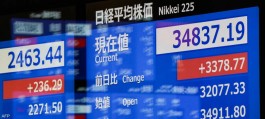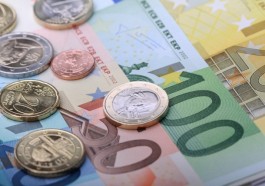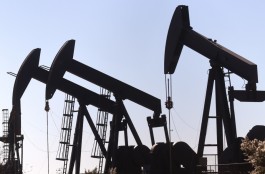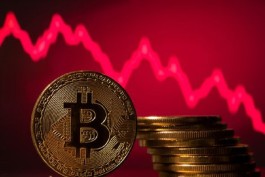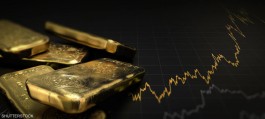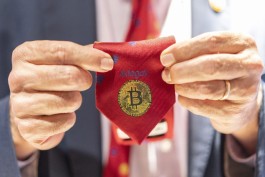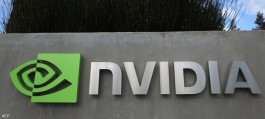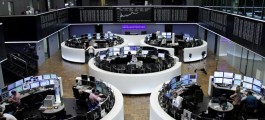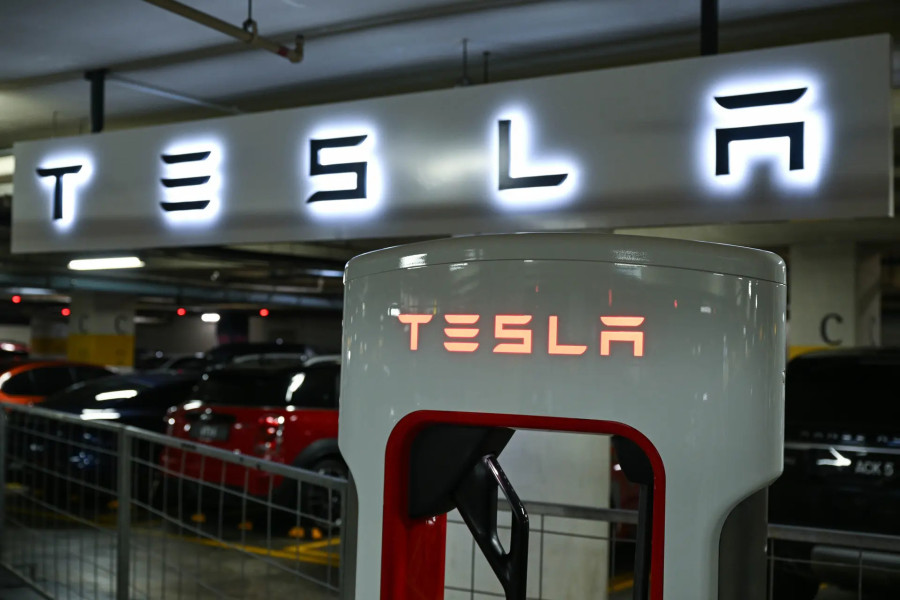Tesla is moving to expand its battery production operations in Nevada, where it will open a small factory using equipment not used by the Chinese company Contemporary Amperex Technology, according to informed sources. The car manufacturer intends to purchase equipment from the Chinese battery company known as CATL, and install it in the city of Sparks, said the sources who preferred to remain anonymous. Tesla will have full control of the factory, bear all costs, and Catel employees will be uninvolved in the process other than to help install the hardware, according to those sources.
The plant, which will produce Megapack battery cells, is part of a broader supply chain effort for America's lithium, iron and phosphate cells, according to one of the people. Tesla also sees equipment purchasing arrangements as a cost-effective way to set up new facilities, the person said.
The move comes amid increasing scrutiny by US lawmakers and the Biden administration of technology cooperation with China in a number of areas, including battery production. A purchase by Tesla may head off criticism over US companies' reliance on Chinese partnerships due to CATL's limited involvement.
Tesla did not respond to a request for comment. Catel also did not immediately respond to a request sent outside business hours in China.
Along with plans for the new factory, Tesla said it intends to double capacity this year at its existing battery factory in Lathrop, California. These efforts are supported by CEO Elon Musk's assertion during a conference call last week that Tesla's energy storage operations will grow faster than its electric vehicle business this year. Megapack is the company's battery for utilities.
Catel, the world's largest maker of electric vehicle batteries, dominates the market for so-called LFP batteries, which are cheaper and more stable than nickel-based alternatives. China's electric vehicle market is expected to slow for a second year in 2024, as the country's unstable economic recovery from the pandemic weighs on consumer sentiment.
Tesla's new law appears to conflict with Catel's deal with Ford Motor Co., which aims to license the Chinese company's technology to build batteries at the Michigan factory owned by the automaker. This project has been the subject of scrutiny and criticism from Republican lawmakers, who say the company is influenced by the Chinese government and could undermine American interests.
Tesla's current Megapack product already uses Catel cells, and Tesla plans to pursue that battery design for cells built at the new facility.
Initially, the plant will have limited output — about 10 gigawatts per hour — the people said, and will expand if the project goes smoothly and the supply chain is established. The facility likely won't be operational until 2025. It could eventually account for about 20% of Tesla's battery production in the region, including the Lathrop site.

















